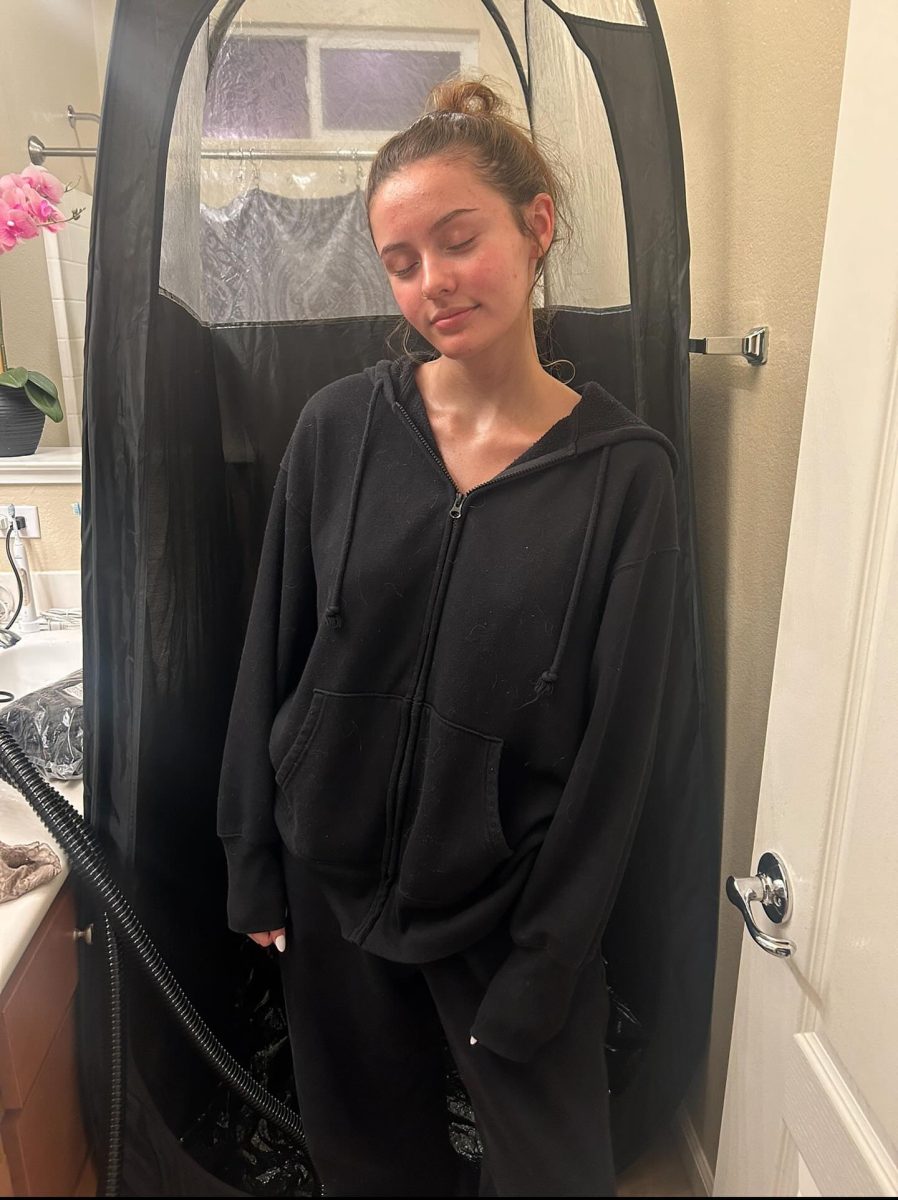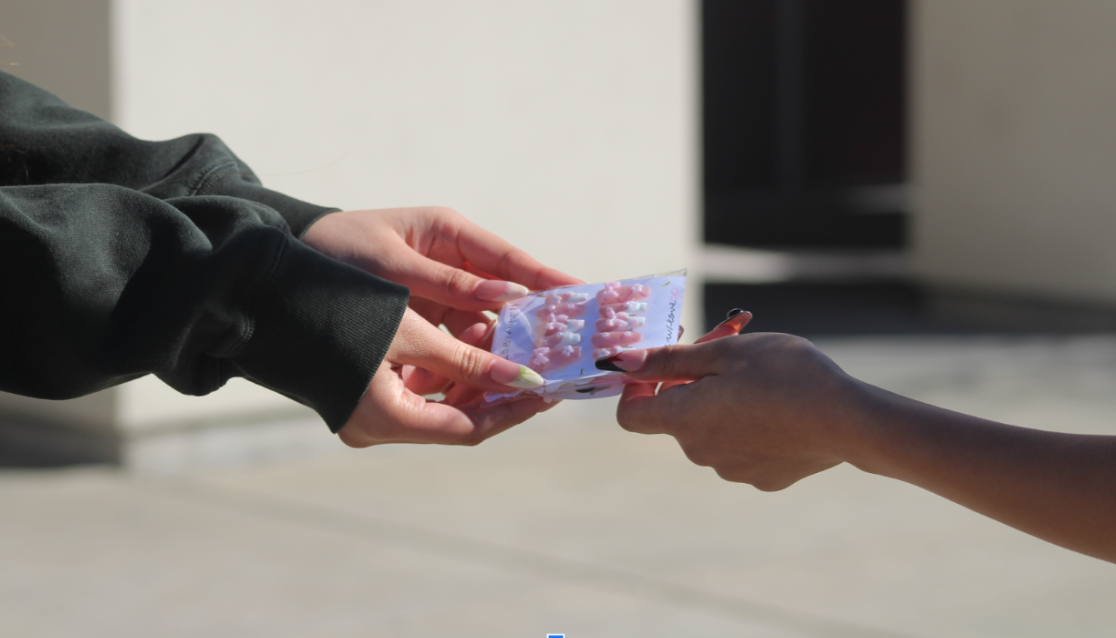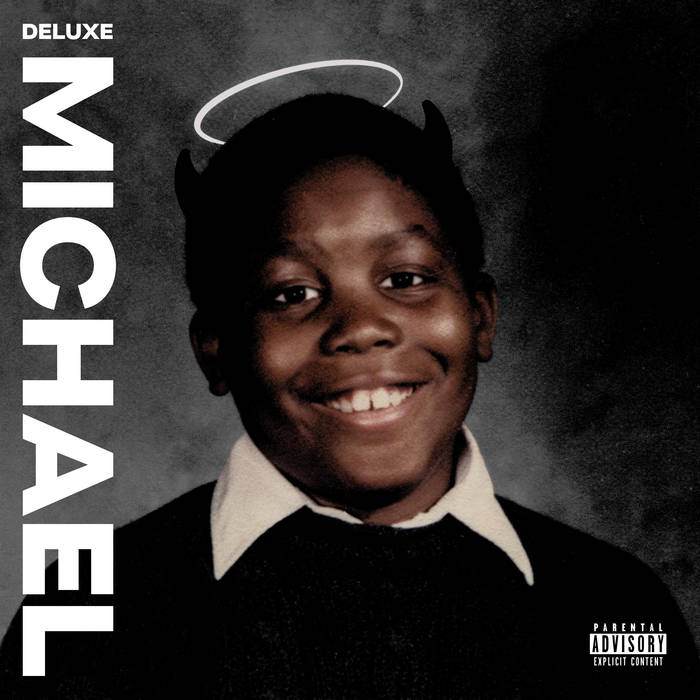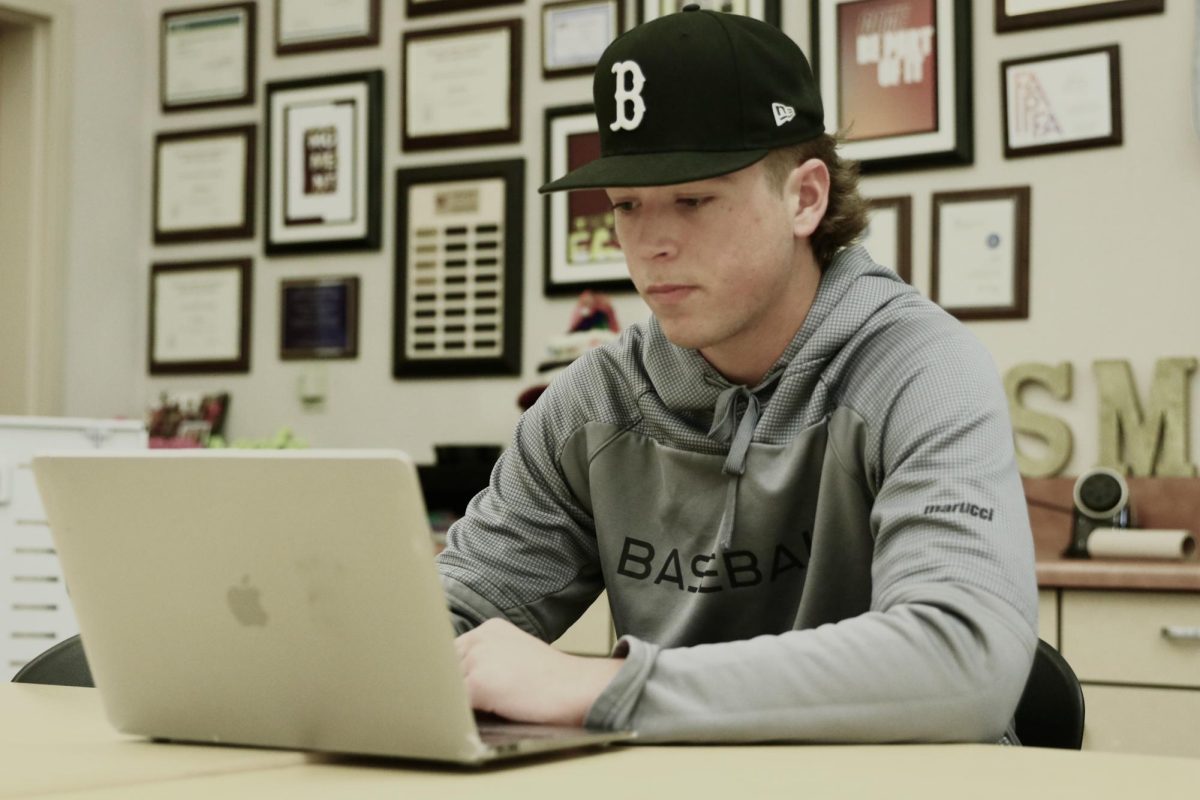
Buried in the lengthy list of propositions for voters to consider this November lies one issue that could greatly impact the future of education in this district. Proposition 30, Governor Jerry Brown’s initiative to prevent $6 billion in trigger cuts slated to occur this year, would involve a tax increase of both income and sales taxes. For individuals earning $250,000 or more, income taxes would increase by one to three percent for seven years, while sales taxes would increase by a quarter of a cent for four years.
Were the proposition to fail, $4.75 million would be cut from the district’s budget adding on to the existing $6.96 million that has been cut since 2007. If the cuts take place, the school board will be forced to make executive decisions regarding the continuation of academic, extra-curricular, sports and VAPA programs.
“No one school will receive direct cuts. We will need to make District-wide decisions regarding staffing, class sizes, programs, and support services. These decisions will have an impact on most if not all schools,” superintendent Mr. Kevin Brown said.
With these broad guidelines for equal budgeting, cuts would be made in more specific departments and programs.
“We would have to reduce funding for extracurricular activities, and the voluntary athletic contribution would go up. The district currently gives $650,000 to schools each year, most of which goes to sports, and that would be reduced (if the proposition fails).” school board vice president Mr. Todd Lowell said.
In preparation for making these cuts, the school board has already devised plans for the district in order to implement the possible new budget.
“(We would) raise class sizes in K-3 from 26 students for each teacher to 31 students for each teacher, eliminate elementary music, reduce high school sports programs, limit transportation and mow lawns once a month instead of each week,” Brown said.
However, the board plans to make as few changes as possible to the schools’ daily life despite the necessary budget cuts that could occur.
“I would be least interested in cutting academic and enrichment programs, and I don’t want to reduce AP classes and electives,” Lowell said. “I also want to maintain our current high school schedule (with four classes each day), even though it’s more expensive than the 1970s model of having eight 50-minute class periods each day.”
Though the district plans to keep drastic changes from occurring in schedules and core classes, cuts to electives could also deeply affect students.
“I’ve been in ceramics for four years, and I definitely have been noticing changes in the program, since we have not been able to do as many projects from year to year, due to cuts. My teacher has to ask for voluntary contributions from the students in order to pay for materials,” Katie Gruessing said.
As it stands now, funding for VAPA programs has been decreasing, a trend that will not change if Proposition 30 fails.
“For the music program, we get very little of our funding from the state, (due to cuts), and so we fundraise most of our money ourselves,” music teacher Mr. Kris Harper said.
But for programs such as ceramics, which are unable to raise funds on their own, future students will face the reality of a decreasing budget.
“For incoming freshmen, cuts will make it more difficult to take elective classes, since parents don’t expect to have to contribute to pay for classes in high school and so will limit electives their students can take. It will ruin the elective experience for students,” Gruessing said.
Despite these educational cuts, the opposition looks towards the tax increases and long-term fiscal consequences of Proposition 30. The arguments of those who oppose Prop 30 focus mostly on the increased taxes for small business owners, greatly affecting the economy of California as a whole.
“Small business owners report income under personal tax returns (which would be taxed under the proposition). Is it appropriate to raise taxes on them?” Legislative Director of the Howard Jarvis Taxpayers Association David Wolfe said.
Although the sole argument of those in favor of Prop 30 is the increase in funding for schools, Wolfe says in reality, the schools will not be getting anything that they would not already receive in time.
“Under the California constitution a certain amount of tax revenue goes to schools. The state legislature has taken money from education for many years and Prop 30 would only restore it, not give schools any new funding,” Wolfe said.
The at-risk funding, whether the proposition passes or fails, is accompanied by a safety net created by the state legislature.
“Trigger cuts can be undone by state legislatures,” Lowell said. “It’s the crass human reality that the legislature likely won’t cut, since the members are up for reelection and don’t want to tell their constituents that education will face huge cuts. Jerry Brown wants you to think it will be drastic, but it won’t.”
Other propositions on the November ballot, such as Proposition 38, also attempt to address the issue of shrinking school funding. This proposition would increase taxes by one to two percent on people earning $7,316 and would increase tax rates for individuals with higher incomes for the next 12 years. However, the money it could raise cannot be used to alleviate all of this district’s budget woes.
“There are so many strings attached to Proposition 38. Raising money for schools is great, but there’s no way to distribute the money (under this proposition). Who writes the check? Where does the money go? How does it get distributed? It can’t go to what is most needed, which is to fund the deficit hole that we’ve been getting every year. Eighty percent of the RUSD budget is staff, but Prop 38 cannot be used for any salaries,” one of this school’s representatives on the California Teachers’ Association’s organizing team Ms. Kari Ustaszewski said.
Conversely, the funds raised by Proposition 30 can be used to pay for teacher salaries and can combat the debt schools have been incurring.
“In the last few years, the economy has been down and schools have been paid in reverse. Politicians have been cutting money that schools get and Proposition 30 fills that void and gives money back to schools,” Ustaszewski said.
The CTA is working to increase public awareness about Proposition 30 and its impact on schools statewide by sponsoring the Yes on Prop 30 campaign, sending out mailers, and informing other groups and the public about the proposition. The Rocklin sect conducted a protest on Oct. 22 in order to raise awareness and give citizens more information in the hopes that the demonstration encourages them to vote yes.
That’s why we’re out here: to hopefully educate the community so that they’ll educate themselves and see what is best for the students,” teachers association president Barbara Scott said.
Despite teachers’ personal beliefs or interests in politics, they try to give students a balanced explanation of all content regarding the 2012 election.
“Students have a basic idea why you join a political party and it has to do with family. The influences a lot of students have are from family or what they’ve heard from friends. They have an idea but its almost like they have a foundation but they need to build on that by actually creating something. That’s what we do in class. We fill them in. They read and take some notes or watch a video and that builds on the content,” government teacher Mr. Shawn Robin said.
While this base foundation provides for growth in less aware students, older students who are registered to vote in the Nov. 6 election seem to have a more expansive knowledge of their personal politics.
“I will most likely vote yes (on Prop 30) even though I don’t agree with raising taxes. Usually I wouldn’t vote for something like that but I believe that school programs are so important that I think we should take drastic measure and take the money to provide for schools,” 18-year-old senior Sierra Zellmer said.
Despite differing views on the proposition, informing voters and the general public, especially current students remains crucial to both sides of the issue.
“The more knowledge that people have about the two propositions, the better off the entire community would be,” Ustaszewski said. “Education is key.”
by KAVYA PATHAK & EMMA RICHIE






